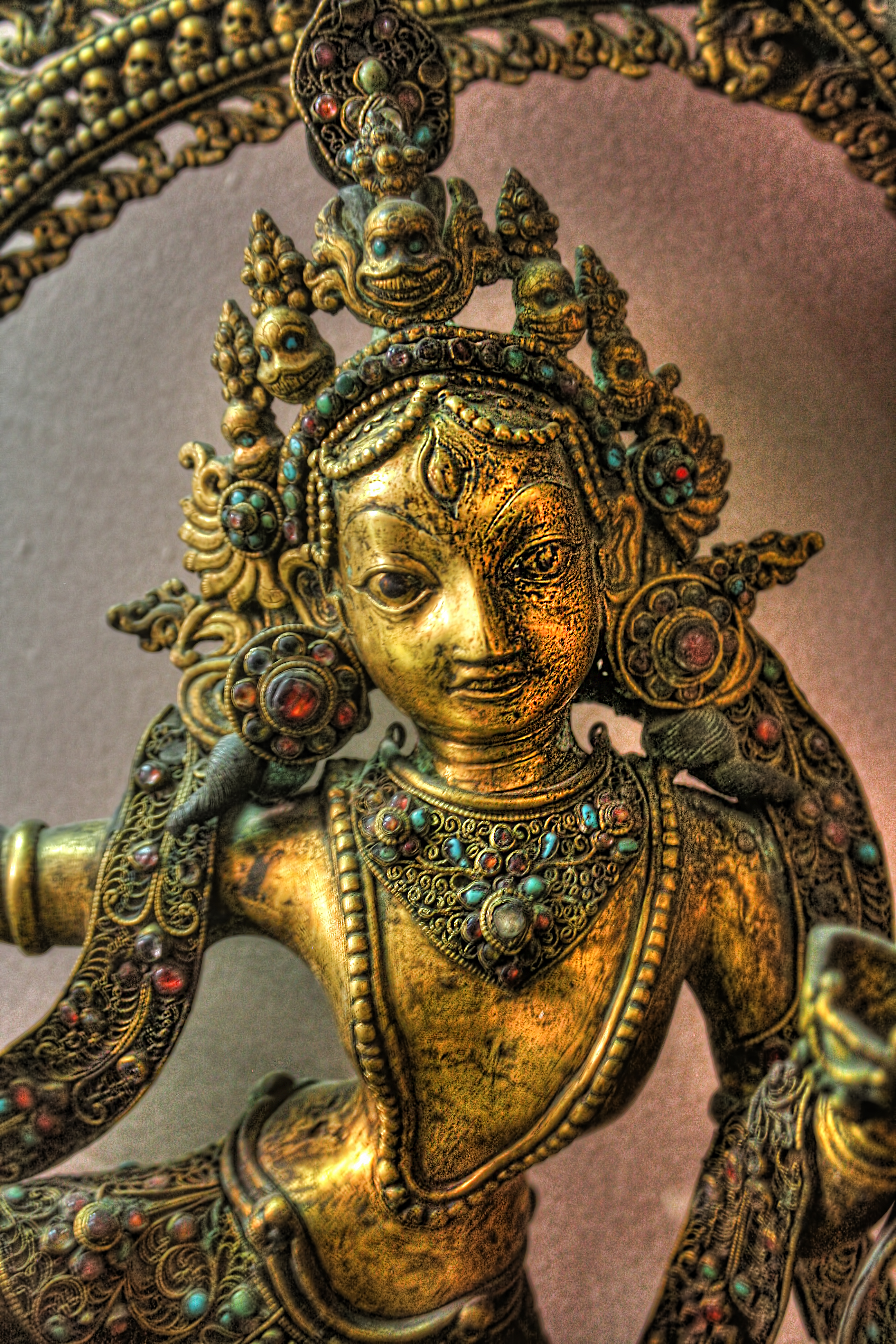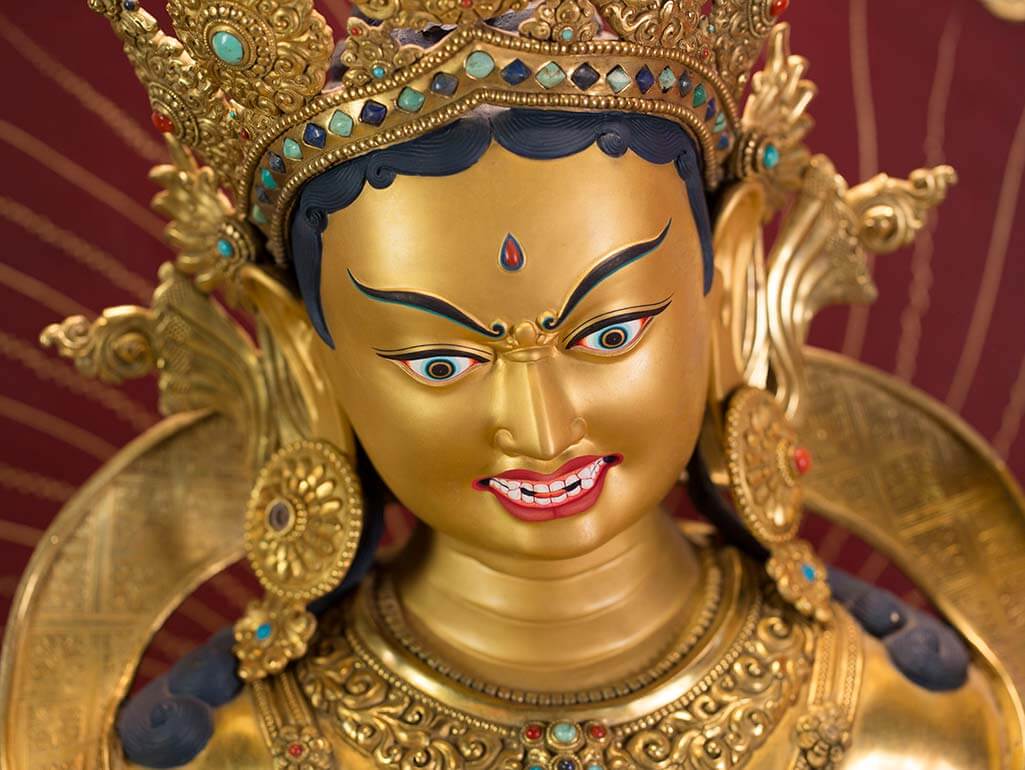When people are looking for details about "Tara Ferguson kids," they're often trying to find specific family information or biographical notes about someone named Tara Ferguson. It's a common kind of search, you know, as folks are curious about public figures or maybe even people they know. However, the information that was provided to us, which is our source for this discussion, interestingly talks about a few different "Tara" connections, but it doesn't mention anyone by the name "Tara Ferguson" or, for that matter, any details about "kids" related to a "Tara Ferguson." It's a bit like having a map to a treasure, but the X marking the spot for "Tara Ferguson kids" just isn't there on this particular map.
So, what the provided text *does* offer is a varied look at the name "Tara" in different contexts. It touches upon a very well-known K-Pop group, delves into spiritual meanings, and even brings up an author. It's quite a mix, actually, showing just how diverse a single name can be across different areas of life and culture. This means our journey to understand "Tara Ferguson kids" will mostly be about exploring what we *do* have, and recognizing what isn't present in the given information.
This article will therefore explore the various "Tara" references found within the provided material. We’ll look at the stories and meanings associated with this name, while keeping in mind that the specific details about "Tara Ferguson kids" simply aren't part of this particular collection of information. It's a kind of, you know, a different path we're taking to address the query, focusing on the broader landscape of "Tara" as presented.
Table of Contents
- What Does 'Tara' Mean in the Provided Information?
- The Search for Tara Ferguson Kids: What We Didn't Find
- Why Accurate Information Matters for Public Figures
- Frequently Asked Questions About Finding Personal Details
What Does 'Tara' Mean in the Provided Information?
The name "Tara" pops up in several distinct ways within the text we're working with, showing its varied use across cultures and fields. It's really quite interesting to see how one name can carry so many different associations, you know. From a vibrant music scene to deep spiritual traditions and even compelling personal narratives, "Tara" clearly holds a lot of different meanings for people.
The K-Pop Group T-ara: A Story of Challenges
A significant portion of the provided text talks about the K-Pop group T-ara, and particularly a challenging period often called the "troll incident." This event, which happened back in 2012, involved a member named Liu Hwayoung, who later changed her name to Ryu Hwayoung. It was a really big deal at the time, actually, making headlines and causing a lot of talk among fans and the public. Liu Hwayoung, it seems, made claims of being bullied by the rest of the group, which, you know, really pulled the whole team into a difficult situation during what was a very popular time for them.
The story goes that Liu Hwayoung, or Ryu Hwayoung, was injured during a team performance. After this, she apparently suggested that other members were posting things online that were, you know, not very nice. This led to accusations that she had, in a way, engineered this whole "bullying" narrative herself. It became known as the "troll incident" among Chinese fans, who, because of this, started calling Liu Hwayoung a "troll." This kind of, you know, really paints a picture of the intense fan reactions and the emotional weight of such public disputes.
A key aspect of this difficult time was the mention of Liu Hwayoung's father being a national assembly member. This strong background, it seems, made it really tough for the other T-ara members to defend themselves properly. The text points out that their management company, "Sima MBK," also had a role in how things unfolded. It’s a complex situation, where, you know, various factors contributed to the public perception and the group's struggles. This event really, really impacted T-ara's popularity and their standing in the K-Pop world.
The text also gives us a glimpse into the group's journey, asking about individual members' joining times with CCM (their agency), their trainee periods, and their debut process. It specifically asks about Soyeon joining and if she debuted right away. While the provided text doesn't give all these specific dates, it does show a curiosity about the inner workings and history of the group, like your, you know, really wanting to understand the full picture of their beginnings and how they came together.
Despite the challenges, T-ara has had a significant presence, even performing concerts in China. The text mentions two specific concerts: one in Hong Kong on August 10, 2013, and another in Guangzhou on December 21, 2013. These events, you know, show their reach and dedication to their fan base, even after going through such a public ordeal. It’s a testament to their perseverance, in a way.
The impact of the "troll incident" was long-lasting. The text notes that fans themselves aren't entirely sure of the full truth, saying, "only they themselves know." It also touches on the group's return as a four-member unit, which, for fans who really held onto the idea of a six-member group, was a bit of a blow. The idea that "when 4 becomes the norm, 6 will forever be the past" really captures the feeling of longing and, you know, a certain sadness for what once was. It’s a poignant reflection on how groups evolve and how fans adapt, or sometimes struggle to adapt, to those changes. The text ends this part with a sigh, "Alas, what can I say? There's a bit of regret." This just, you know, underscores the emotional weight of the whole situation for those who followed the group.
Tara as a Spiritual Figure: The Buddhist Goddess
Beyond the world of K-Pop, the name "Tara" holds profound spiritual meaning, particularly in Tibetan Buddhism. The provided text explains that Tara, also known as Arya Tara or Jetsun Dolma, is a female bodhisattva. She is often called the "mother of liberation," which, you know, really gives you a sense of her importance and her role in helping beings find freedom. She embodies the virtues of success and is seen as a guide, much like a star guiding travelers, as her name "star" in Sanskrit suggests. It's a beautiful connection, really, between her name and her function.
Tara is considered the wisdom mother of the Buddhas and represents the compassionate activity of all the Buddhas. She has many different aspects, each with its own significance. Meditating on Tara is believed to help individuals awaken to their innate Buddha nature and cultivate her virtuous qualities, which, you know, sounds like a very profound practice. She is arguably the most powerful female deity in the Buddhist pantheon, and her presence is particularly strong in Tibet, Nepal, and Mongolia, where she is, like, very, very popular. She's seen as an iconic Buddhist goddess of many colors, symbolizing her diverse forms and functions.
The text also mentions that Tara was originally a Hindu goddess who was later absorbed into the Buddhist pantheon around the sixth century C.E. This shows a kind of, you know, a historical flow of spiritual ideas between different traditions. She is most famously known as a female Buddha and the embodiment of the divine feminine, sometimes simply called the Tara goddess. In the Buddhist tradition, Tara is, well, she just is. She represents a deep, compassionate presence.
Tara Westover: A Journey of Learning
The name "Tara" also appears in the context of Tara Westover, the author of the widely acclaimed memoir "Educated." The text refers to her as the "story protagonist," and describes her journey as one of "inspiration and reversal." However, it also points out that beyond the inspiring parts, her story involves "unimaginable cruelty and surrender," which, you know, really highlights the depth of her experiences. Her path led her to Cambridge University, a significant achievement given her background. Her story is a powerful example of how education can transform a life, even when faced with extreme difficulties. It's a compelling narrative that, you know, resonates with many people.
Tara in Other Contexts: A Name with Many Meanings
The provided text also briefly touches upon "Tara" as a general human name, noting that its specific meaning often depends on the context. It's just, you know, a name that people use, and its origins can vary across different cultures. There's also a very brief mention of a new AI programming assistant from ByteDance, called "Trae AI." While this seems like it might be a slight typo for "Tara AI," or just a similar-sounding name, it shows that the name "Tara" or similar sounds can even pop up in the rapidly changing world of technology. It's a pretty diverse set of references for one name, actually.
The Search for Tara Ferguson Kids: What We Didn't Find
After looking closely at all the references to "Tara" within the provided text, it becomes clear that there's no mention of "Tara Ferguson" specifically, nor any details about "kids" connected to a "Tara Ferguson." The information, while rich in other "Tara" contexts like the K-Pop group, the Buddhist deity, or the author Tara Westover, simply does not contain the specific biographical information about a "Tara Ferguson" and her family. So, you know, if someone was hoping to find those particular details from this text, they would, in a way, come up empty-handed.
People often search for information about the families of public figures or, you know, individuals who are in the public eye. This curiosity can stem from a variety of reasons, like admiration for their work, interest in their personal lives, or simply trying to connect with them on a more human level. When it comes to "Tara Ferguson kids," the search implies a specific individual named Tara Ferguson who might be known enough for people to be interested in her family life. However, our current source just doesn't provide that connection. It’s a bit like having a puzzle with a missing piece, you know, you can see the other parts, but that one specific detail isn't there.
It's important to remember that finding specific, verified details about someone's personal life, especially their children, requires very precise and often publicly available information. Without that direct link in the source material, any attempt to discuss "Tara Ferguson kids" would involve making assumptions, which, you know, we really can't do. The information we have is very much focused on the other "Tara" stories, which are compelling in their own right, but they don't answer the specific question about "Tara Ferguson kids."
For more on the T-ara situation and the details surrounding the "troll incident," you could check out this video for a very complete interpretation of the event: b23.tv/o3NO4Z. It provides a lot more context on that particular "Tara" story.
Why Accurate Information Matters for Public Figures
When we look for information about public figures, getting accurate details is, like, super important. It’s not just about satisfying curiosity; it’s about respecting privacy and ensuring that the information shared is, you know, actually true. For people who are in the public eye, their personal lives, including details about their families, are often kept private unless they choose to share them. This is why, when searching for something like "Tara Ferguson kids," having reliable and verified sources is really, really key. Without that, we might end up with incomplete or even incorrect information, which nobody wants, right?
Public records and official statements are typically the best ways to confirm personal details about someone. If a public figure has children, this information usually comes directly from them or from very credible news outlets that have confirmed the facts. The challenge, of course, is that not everyone in the public eye chooses to share every aspect of their personal life, and that's their right, too. So, you know, when a specific query like "Tara Ferguson kids" comes up, and the available information doesn't provide an answer, it’s a good reminder of the boundaries of publicly accessible data. It just, you know, highlights the importance of precise facts.
Learn more about various topics on our site, and link to this page for more detailed explorations of different names and their histories.
Frequently Asked Questions About Finding Personal Details
People often have questions about how to find information on public figures, especially about their families. Here are some common queries that, you know, come up a lot:
Q: How can I find out if a public figure has children?
A: Typically, the most reliable way to learn if a public figure has children is through official announcements made by the individual themselves or their representatives. Reputable news sources that cite confirmed information are also good places to look. It's usually best to, you know, stick to verified sources to ensure accuracy.
Q: Why is it sometimes hard to find personal family details online?
A: It can be challenging to find personal family details online for several reasons. Many public figures choose to keep their family lives private to protect their loved ones from public scrutiny. Also, online information can be unverified or outdated, making it difficult to find accurate and current details. So, you know, it's not always readily available.
Q: What does "Tara" usually mean when people look it up?
A: The name "Tara" has multiple meanings depending on the context. It can refer to a popular K-Pop group,



